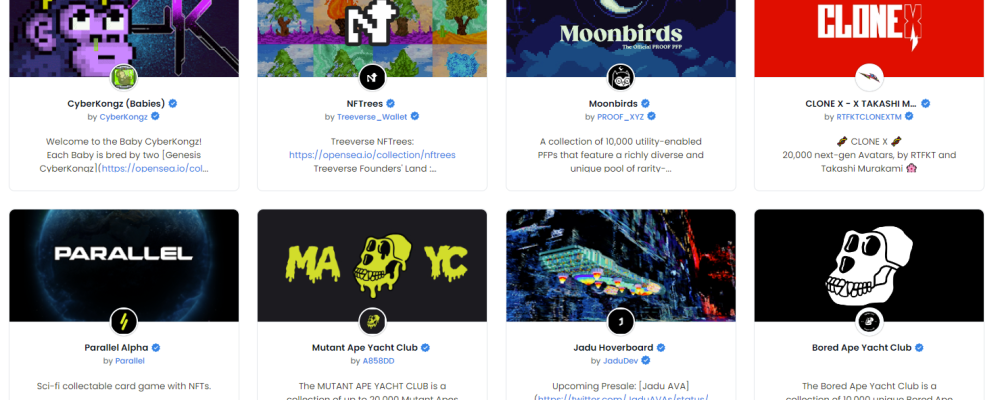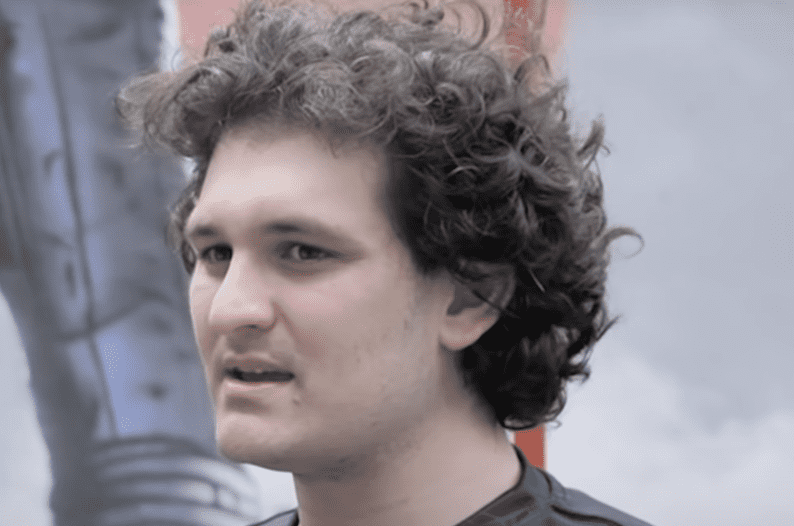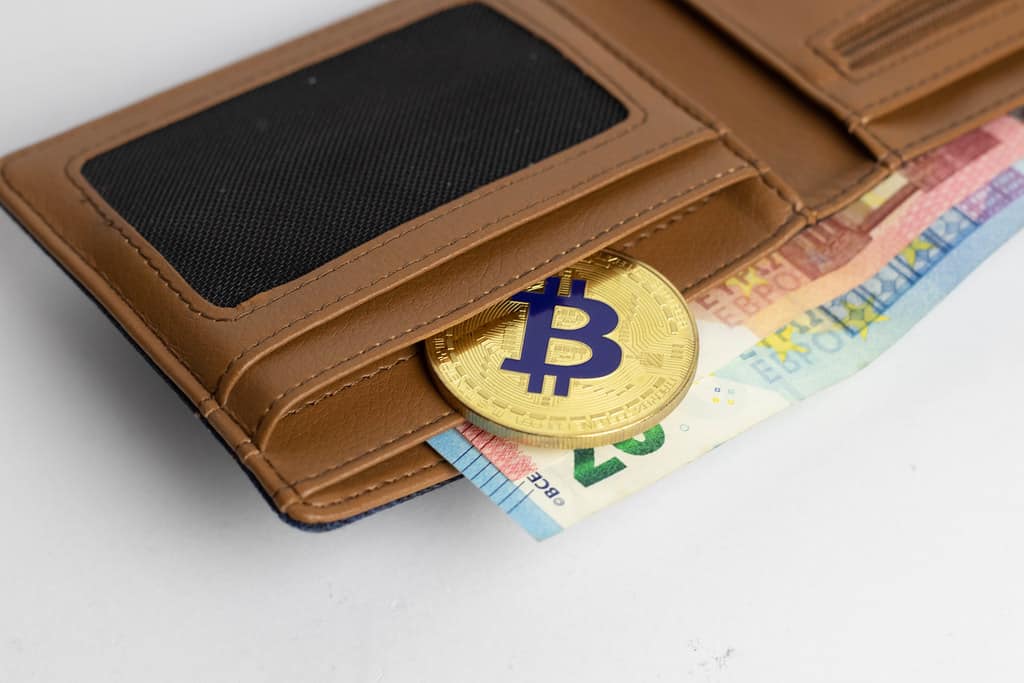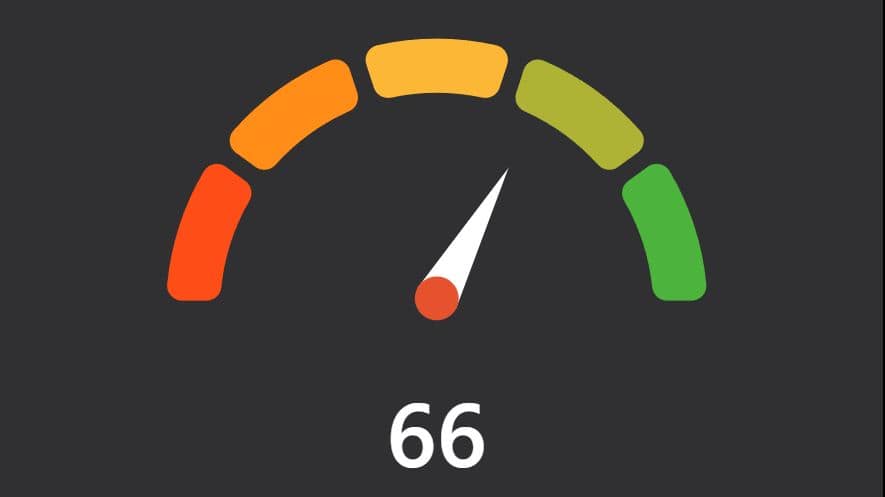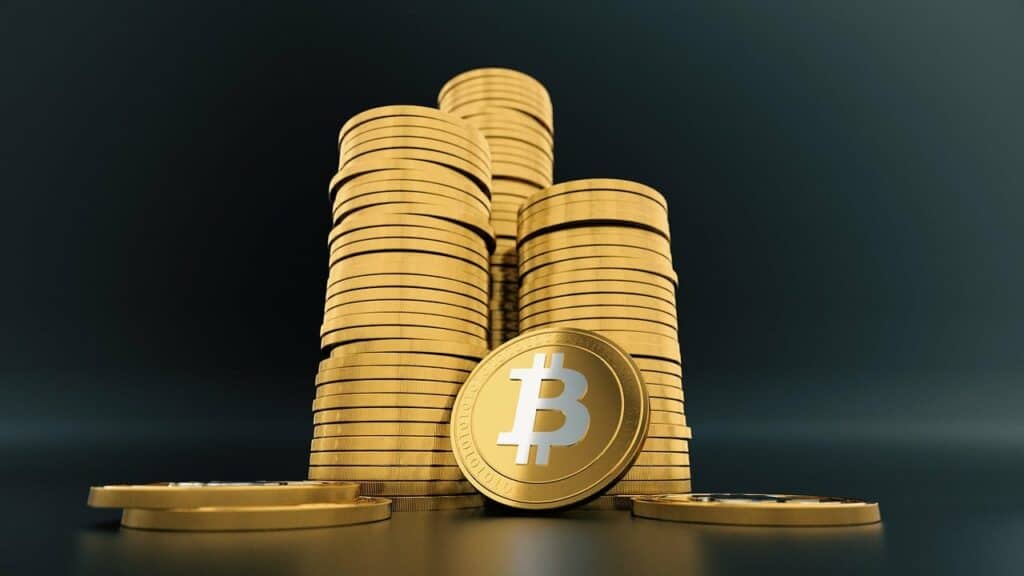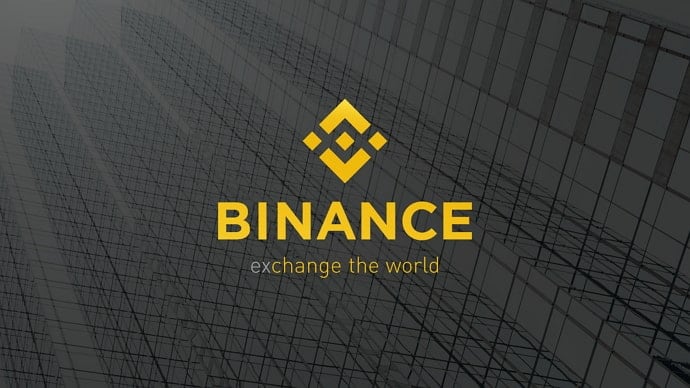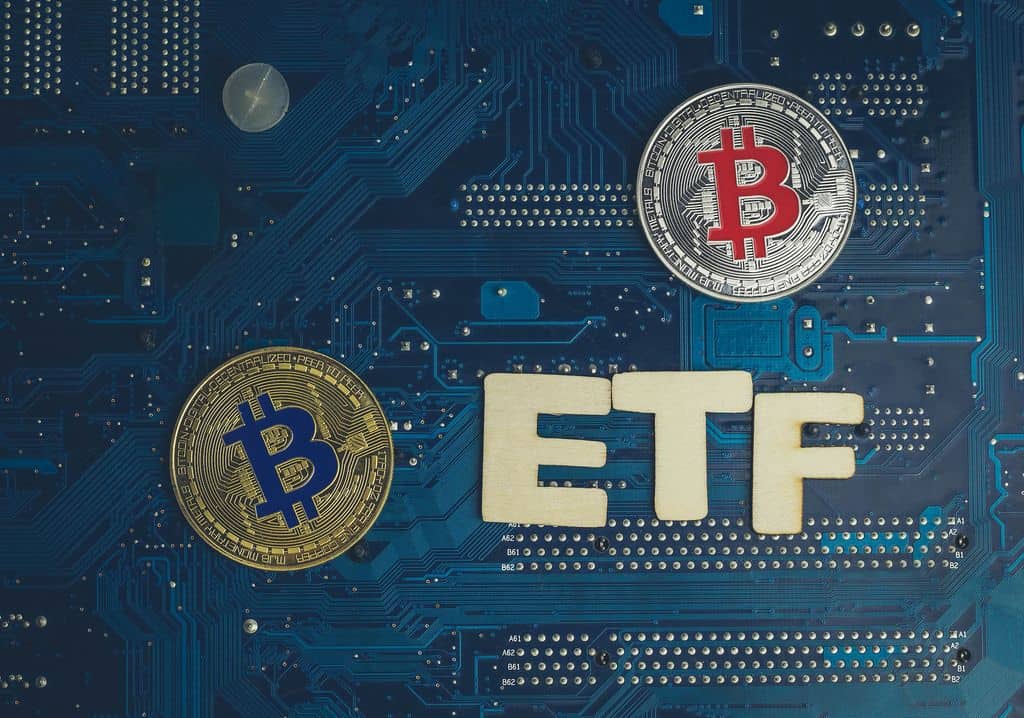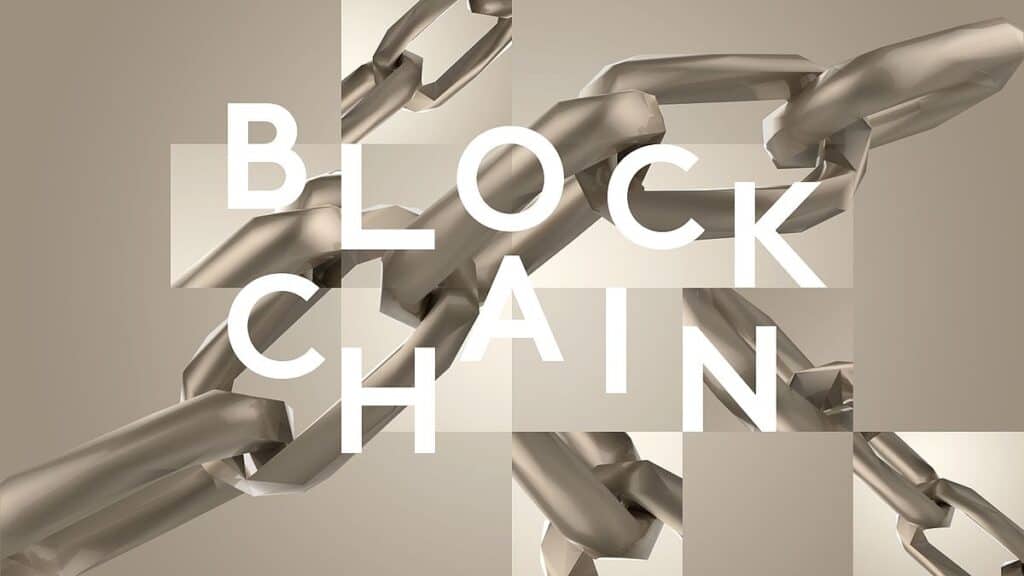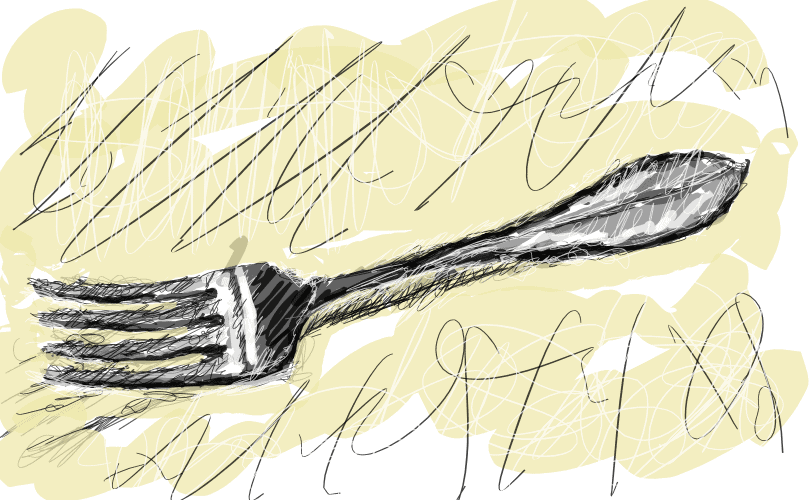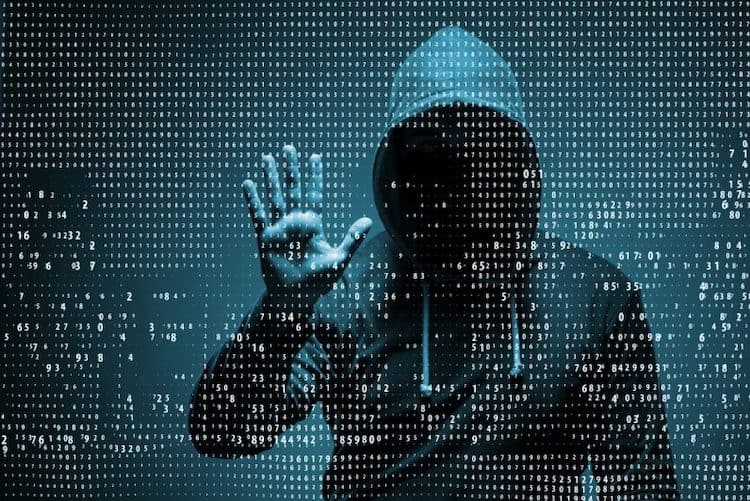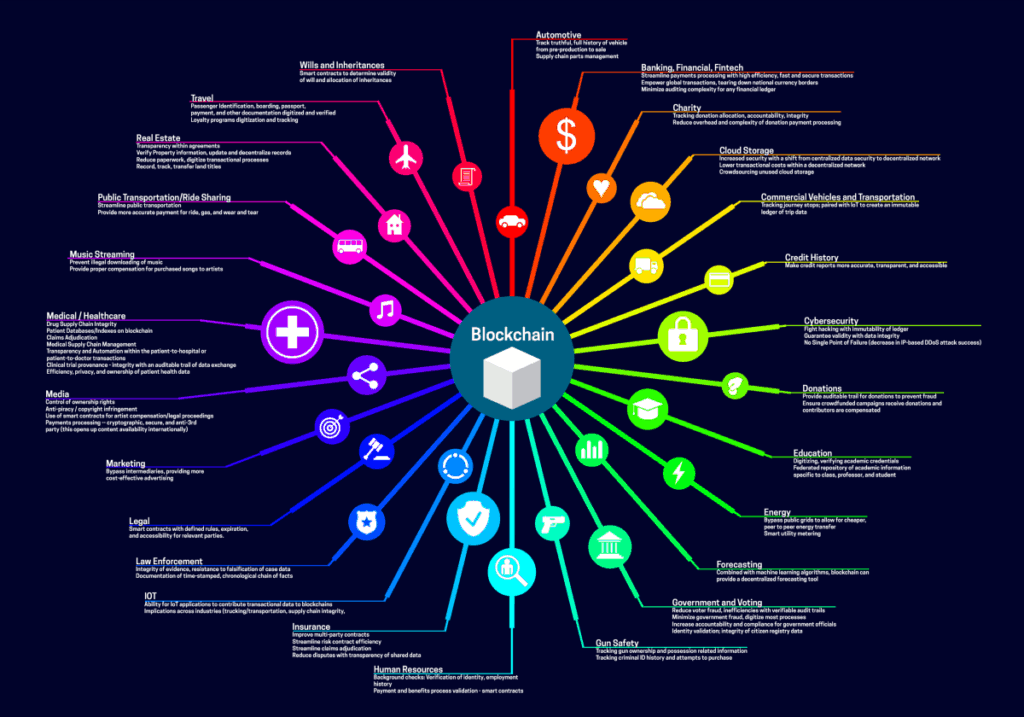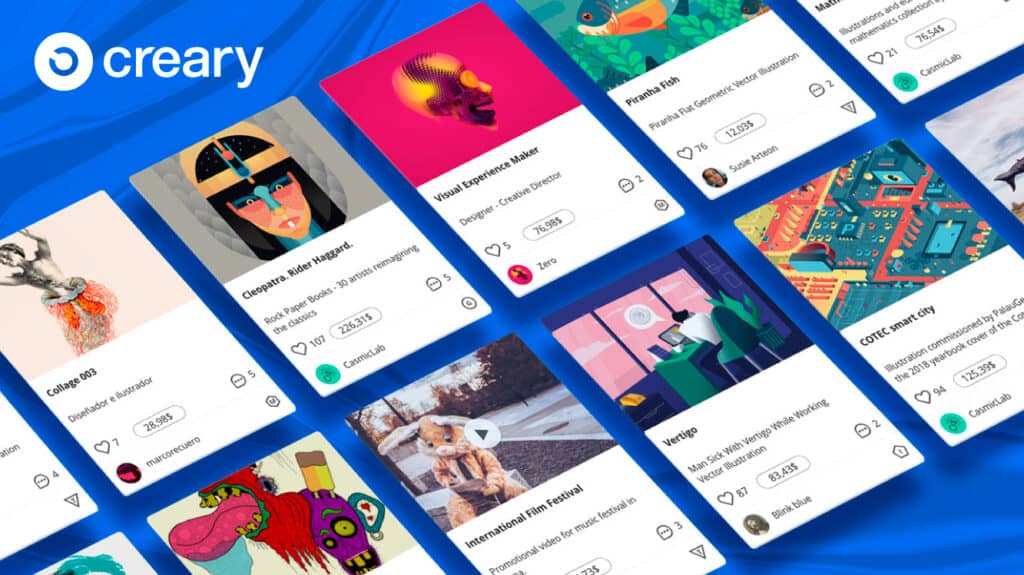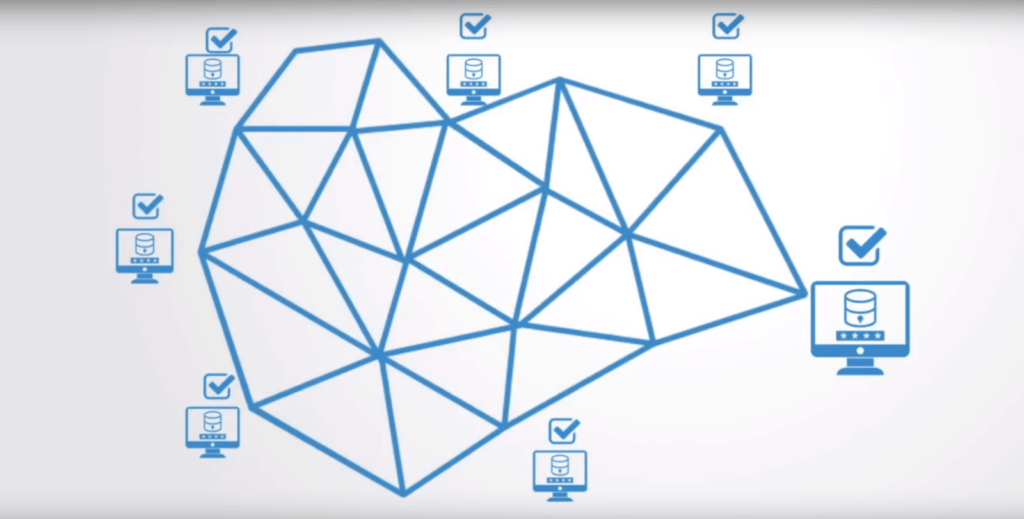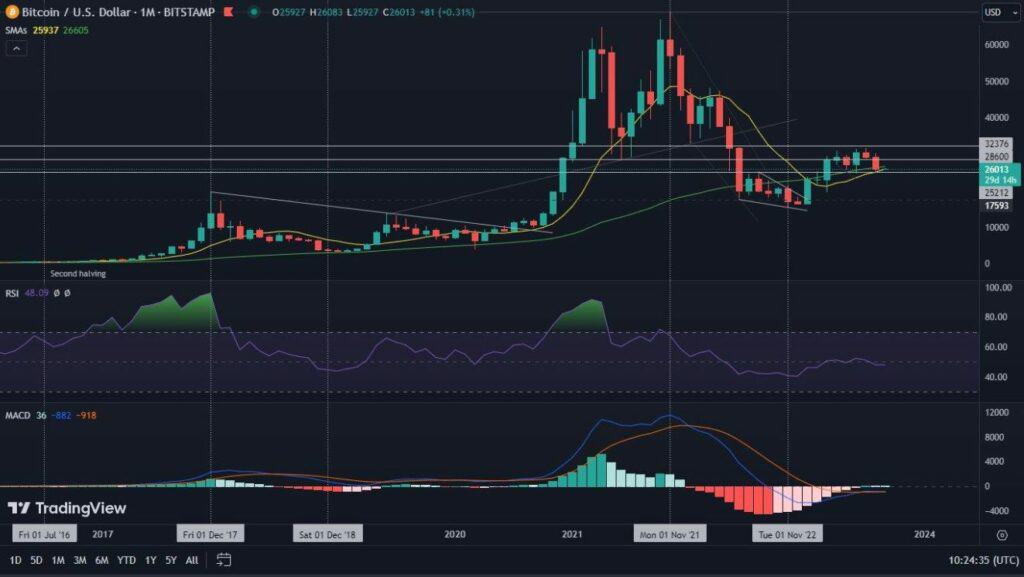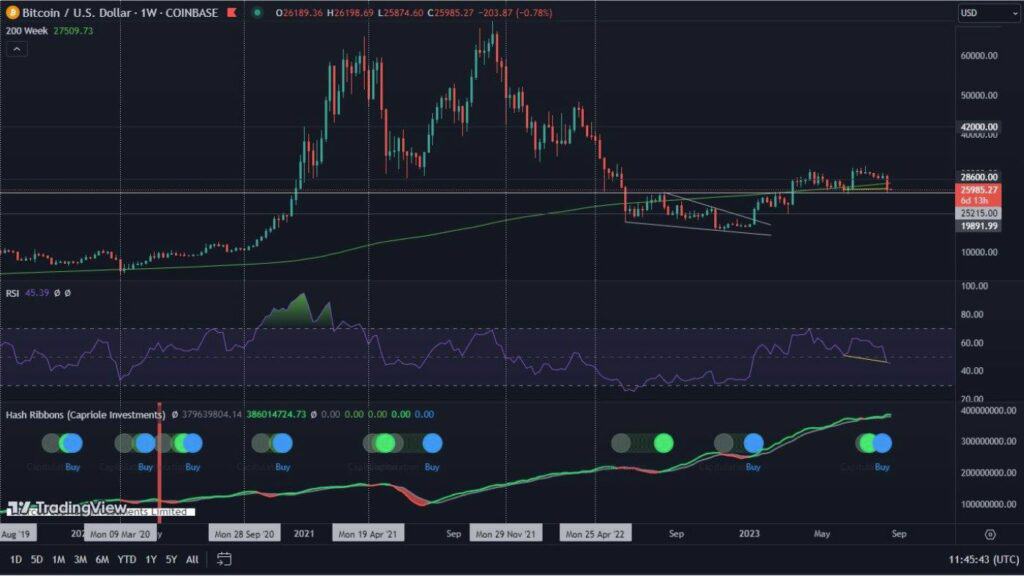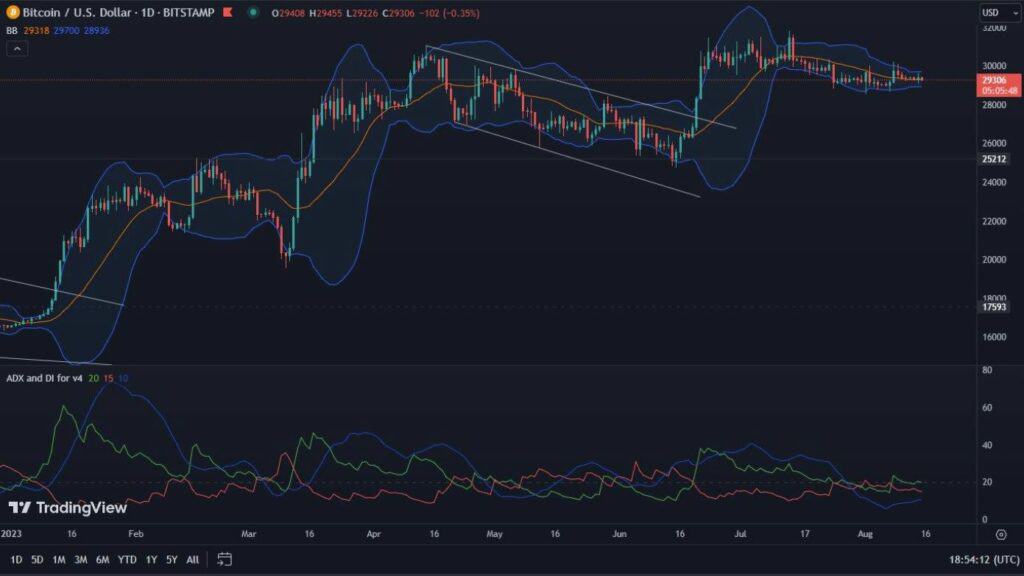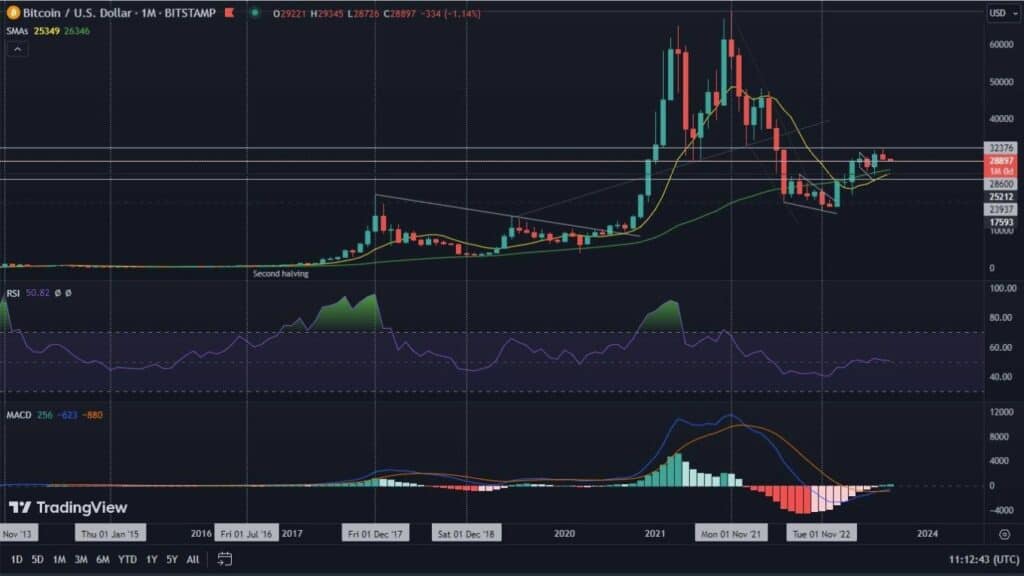While the NFT market is cooling gently and many of the popular products in this segment are losing value, there are claims that the situation may soon turn around completely. One of the precursors of this approach is the founder of Apocalyptic Apes.
Intellectual property is gaining importance
The most popular way to make money on non-exchangeable NFT tokens today is, of course, permanent trading. Others with NFTs, in turn, guarantee profiteering by farming them. Meanwhile, the growing market seems to offer other opportunities.
Bill Starkov, founder of Apocalyptic Apes and a member of the Bored Ape Yacht Club (BAYC), notes that NFT holders can also license intellectual property rights, which gives grounds to open the way to millions.
Project development an opportunity for token holders
The growing popularity of a particular NFT collection may determine the market to increasingly want to exploit its individual elements. As Starkov says, based on the Bored Ape Yacht Club:
“Holders can generate thousands of dollars by licensing their apes for commercial use.”
In further words, he takes his vision even closer:
“In the future, NFT keepers will make hundreds of millions of dollars through intellectual property rights, because NFTs in the future will become your new Jay Leno, will become your new Jimmy Kimmel, your new Oprah.”
For this scenario to work, Starkov says, people need to be willing to keep their NFTs for longer and allow developers to develop the projects behind them.
Copyright differently understood
Research shows that a large group of NFT users misinterpret the terms copyright and intellectual property rights. Many believe that by purchasing non-exchangeable tokens, they acquire full rights to the items that are their inspiration. In some cases, this leads to significant misunderstandings and, as a result of insufficient education, slows down the adoption of NFT as a market segment. An example is a project called Spice DAO, which in January this year announced plans to create an animated series based on the novel “Dune”. It was to have collateral in the form of purchasable NFT tokens. There were many people who believed that obtaining such tokens would give them copyrights to the original work.
Nevertheless, the idea of earning money by licensing intellectual property seems to be a very interesting concept. Especially for such a young market as NFT. The educational support of token issuers regarding the rights accruing to their holders could significantly accelerate this process.

